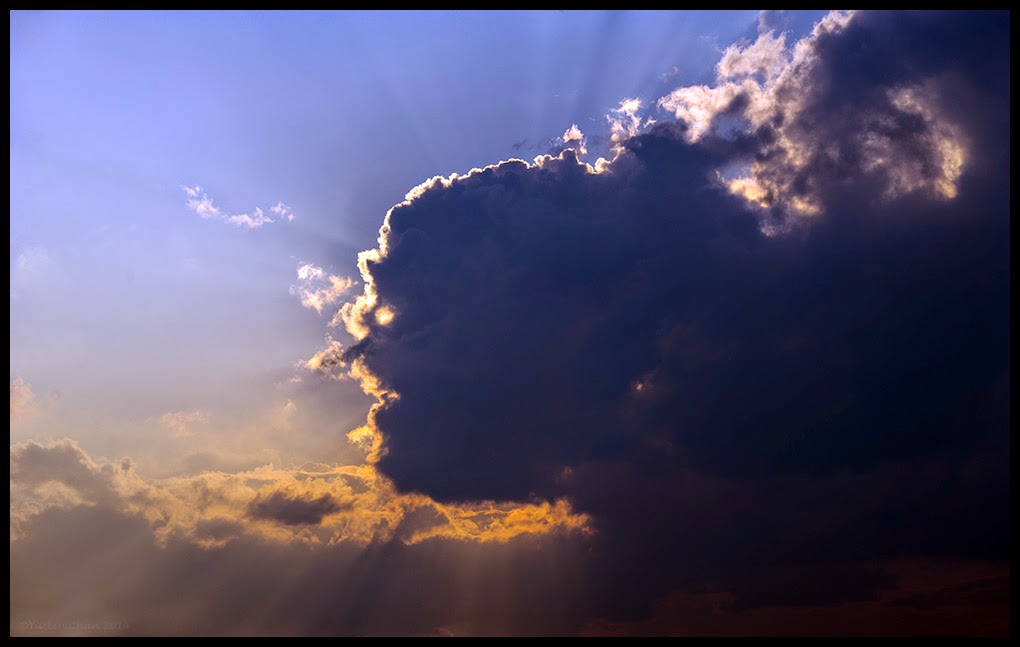If you search the web on full frame vs. other sensor sizes (M4/3, APS-C, etc), you will no doubt be presented with all kinds of comparisons. Some are very good, but many are pointless, to the point of being silly. Consider a scene taken with a 24mm lens on full frame, and one taken with M4/3 with a 12mm lens, with aperture set at around f8, and compare away. With recently designed cameras, a picture like this will probably look identical in most cases, except the colour/white balance. I am pretty sure few people can tell the difference between the two pictures if white balance is equalized. Personally, I think this is the wrong way to compare cameras systems.
Choosing a camera should reflect the kind of pictures you want to make, and you make sure the camera you choose has the lenses that allow you to realize the style of pictures you want. Obviously, if you love to shoot architecture, you would want a camera that has tilt-shift lenses for it. If you a thin depth of field freak, you want full frame with large aperture lenses, and if shooting sports is the primary use of a camera, then a DSLR with fast tracking focus system should be the main consideration. The point is, the sensor format does not really matter much any more if viewed purely from the image quality standpoint, except when pushing the low light limit, in which case the full frame sensor usually has an advantage. What really matters is that the chosen camera meets your needs. Of course, if you have the means, and you really, really want, you can always have more than one system, to get the best features/functions from each system.
I chose a mirrorless full frame camera as my main system, because I like legacy lenses, and I am a thin depth of field freak. The short flange of mirrorless cameras allows pretty much all lenses ever made for previous cameras to be used with proper adapter, which is what I like to do.
The Light -- Tamron Adaptall 60-300mm f3.8-5.4 & Sony A7





